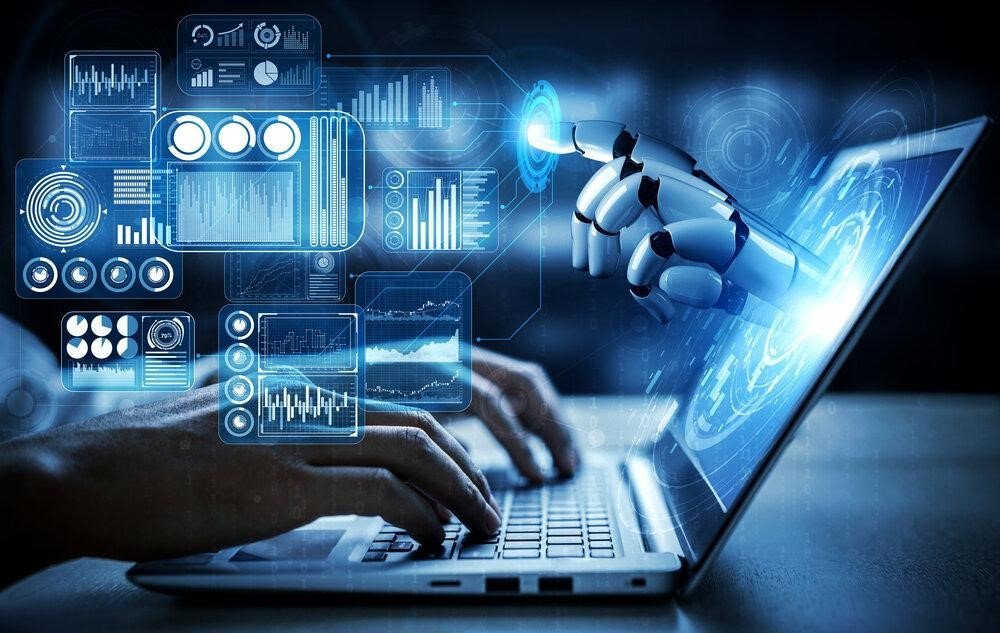
New Delhi, October 15: A recent note from global research firm Gartner warns that over 80% of software engineers may need to acquire new skills, such as natural-language prompt engineering and retrieval-augmented generation (RAG), to remain employable as AI transforms the industry. However, the report emphasizes that AI will not replace engineers but instead create new roles for them.
“AI will transform the future role of software engineers, but human expertise and creativity will always be essential for delivering complex, innovative software,” said Philip Walsh, a senior principal analyst at Gartner.
Walsh also highlighted the need for companies to invest in AI developer platforms and upskill data and platform engineering teams to support continuous AI integration and development.
The report outlines three key stages of AI’s influence on software development:
1. Short-term: AI tools will enhance productivity by improving existing engineers’ workflows.
2. Mid-term: AI agents will automate more tasks, with most code generated by AI rather than humans.
3. Long-term: AI engineering will become more efficient, driving demand for skilled engineers to meet the rising need for AI-powered software.
Gartner’s survey of 300 organizations in the US and UK found that 56% of software engineers see AI/ML engineers as the most in-demand roles. However, many admit to lacking the skills necessary to integrate AI into their applications.
Generative AI has shown potential in coding, with tools like GitHub Copilot and Anthropic’s Claude gaining attention. However, there is debate over their effectiveness, with some studies showing a decline in code quality and an increase in bugs when using AI-generated code.
While AI-driven tools are on the rise, the future of software engineering still depends on human adaptability and the ability to work alongside these technologies.



